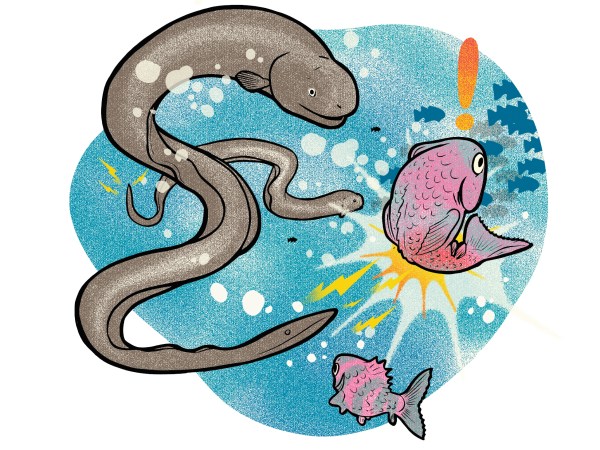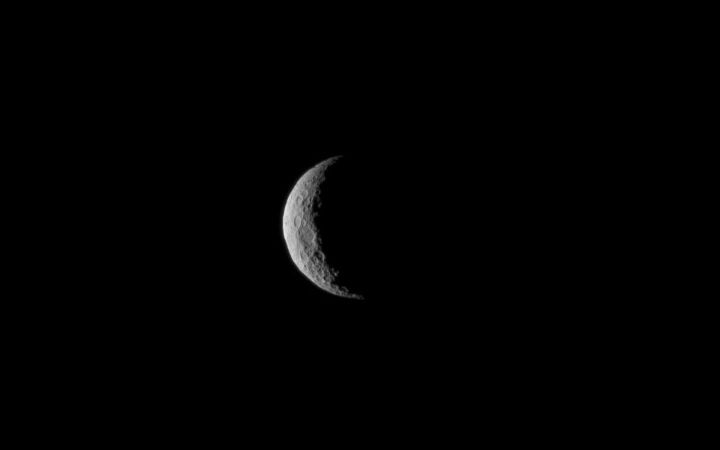

Is your head constantly spinning with outlandish, mind-burning questions? If you’ve ever wondered what the universe is made of, what would happen if you fell into a black hole, or even why not everyone can touch their toes, then you should be sure to listen and subscribe to Ask Us Anything, a brand new podcast from the editors of Popular Science. Ask Us Anything hits Apple, Anchor, Spotify, and everywhere else you listen to podcasts every Tuesday and Thursday. Each episode takes a deep dive into a single query we know you’ll want to stick around for.
Human height can vary quite a bit, with the tallest folks reaching peaks of six, seven, and even eight feet tall, and the shortest people standing at two, three, and four feet in height. But most people will fall into an average range of between five and six feet. Why did we land at that particular height—and why aren’t we taller?
Natural selection and millions of years of time helped humans land at the heights we are at today. It’s clear that early humans with certain anatomies were more likely to survive and thrive, thus pushing the Homo sapiens population to the shape it is today.
Paleontologists know that body size and height shifted upward about 2 million years ago when early Homo species evolved from their ancestors, Australopithecus. In fact, as one 2012 study published in the journal Current Anthropology points out, “body size is one of the major features that distinguish australopiths from early Homo and early Homo from Homo erectus”.
But how we reached our modern heights and why our species isn’t still growing is still fairly a mystery. We explain all this and more on this week’s episode of Ask Us Anything. Tune in here, and read the article that inspired this episode here.








![Ask Us Anything: Are Aphrodisiacs For Real? [Video]](https://www.popsci.com/wp-content/uploads/2019/03/18/ZSJE4KVHKSXZP4362TZLUW674M.jpg?w=522)

![Ask Us Anything: Are There Electronic Defenses Against Drones? [Video]](https://www.popsci.com/wp-content/uploads/2019/03/18/2CTMKWTCJ4ZXPGRLJU4U436EAI.jpg?w=469)




